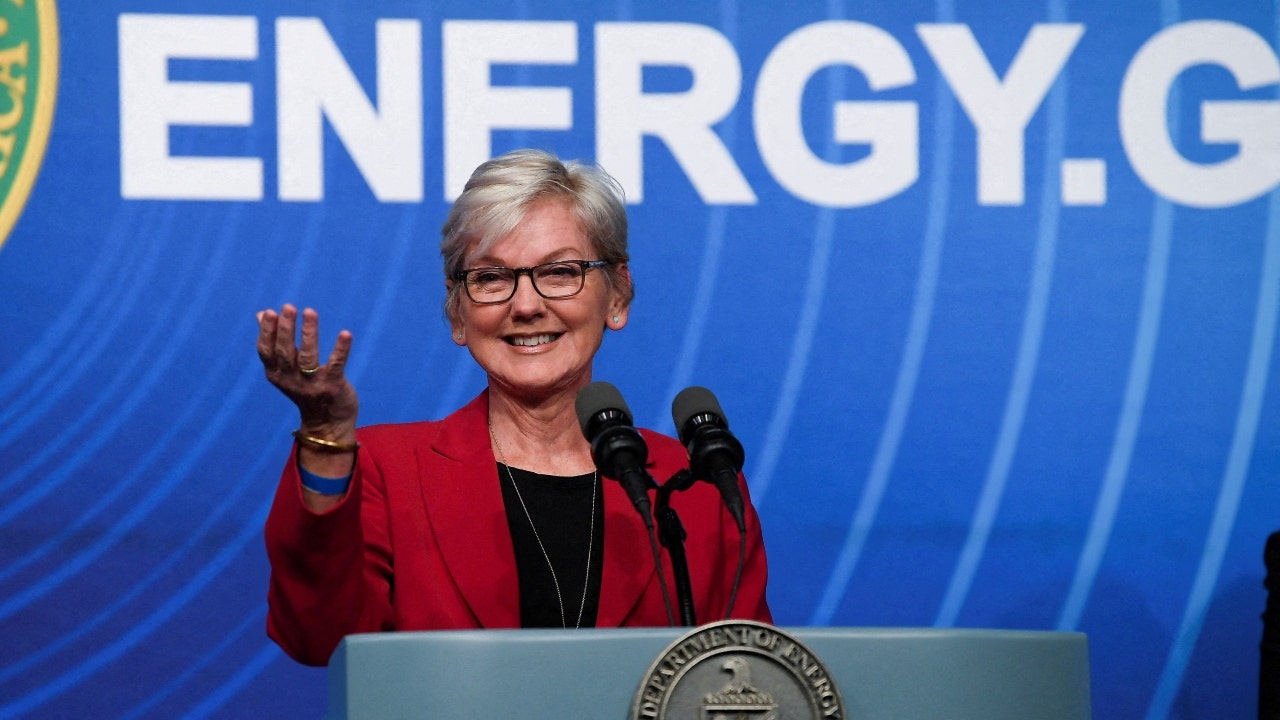The Biden administration has introduced environmental regulations targeting various home and commercial appliances, aiming to reduce carbon emissions and save on utility bills. The Department of Energy (DOE) has finalized energy efficiency standards for residential refrigerators and freezers and proposed standards for commercial fans and blowers.
Impact on Carbon Emissions and Savings
Reduction in Carbon Emissions: The DOE states that the new regulations will eliminate 420 million metric tons of carbon dioxide emissions over the next three decades. The actions are expected to save households and businesses $5 billion annually on utility bills.
Long-Term Effects on Carbon Emissions: The standards for refrigerators and freezers, to be implemented between 2029 and 2030, mark the first update in over a decade. The updated standards are projected to remove emissions equivalent to the combined annual emissions of 12.7 million homes over 30 years.
First-Ever Regulations for Fans and Blowers: The proposed standards for commercial fans and blowers are the first-ever federal regulations for these appliances. Following California’s lead, the DOE estimates a reduction of nearly 318 million metric tons of carbon dioxide emissions in the next 30 years.
Statements from Energy Secretary Jennifer Granholm
Commitment to Lowering Utility Costs: Energy Secretary Jennifer Granholm emphasizes the administration’s commitment to lowering utility costs for working families. The regulations aim to strengthen energy independence and address the climate crisis.
Future Plans for Energy Efficiency Standards: Granholm outlines the DOE’s commitment to updating and strengthening outdated energy efficiency standards in 2024. This initiative is seen as critical for innovation, providing more consumer options, and fostering healthier communities.
Critiques and Concerns
Consumer Impact and Upfront Costs: Critics, including Ben Lieberman from the Competitive Enterprise Institute, express concerns about potential impacts on consumers. Lieberman suggests that standards may raise upfront costs without proportional energy savings, forcing choices on consumers.
Effect on Product Performance: Lieberman highlights the possibility of reduced product performance due to new efficiency standards. He cites examples from other appliances, such as dishwashers, where cycles have become longer.
Overview of DOE’s 2023 Regulations
Total Regulations Proposed or Finalized: In 2023, the DOE introduced or finalized a total of 30 regulations as part of President Biden’s Investing in America agenda. These regulations, focusing on energy efficiency, underline the administration’s commitment to addressing the climate crisis.
Consumer Savings and Emission Reduction: The agency projects that regulations introduced since early 2021 will result in nearly $1 trillion in consumer savings and a reduction of 2.5 billion metric tons of emissions.
Continued Regulatory Agenda: The DOE commits to continuing its regulatory agenda in 2024, aligning with President Biden’s goals for climate action and green initiatives.
Industry Concerns and Criticisms
Warnings About Consumer Impact: Experts, including Lieberman, warn that the administration’s energy efficiency actions may harm consumers and lead to higher prices. The adoption of newer technologies to meet standards could contribute to increased costs.
Criticism on Appliance-Specific Regulations: The DOE’s appliance-specific regulations, such as those for stovetops, have faced criticism from consumer organizations. Concerns include compromised features and the potential banning of certain products.
Reshaping Homes and Preferences: Critics argue that the administration’s regulations aim to reshape living spaces according to progressive and green preferences. There are concerns about the imposition of specific lifestyle choices on consumers.
In conclusion, while the Biden administration emphasizes environmental benefits and cost savings, critics raise concerns about potential negative impacts on consumers and the variety of products available in the market. The ongoing debate underscores the complex interplay between regulatory initiatives and individual consumer choices.
Source: foxnews.com





